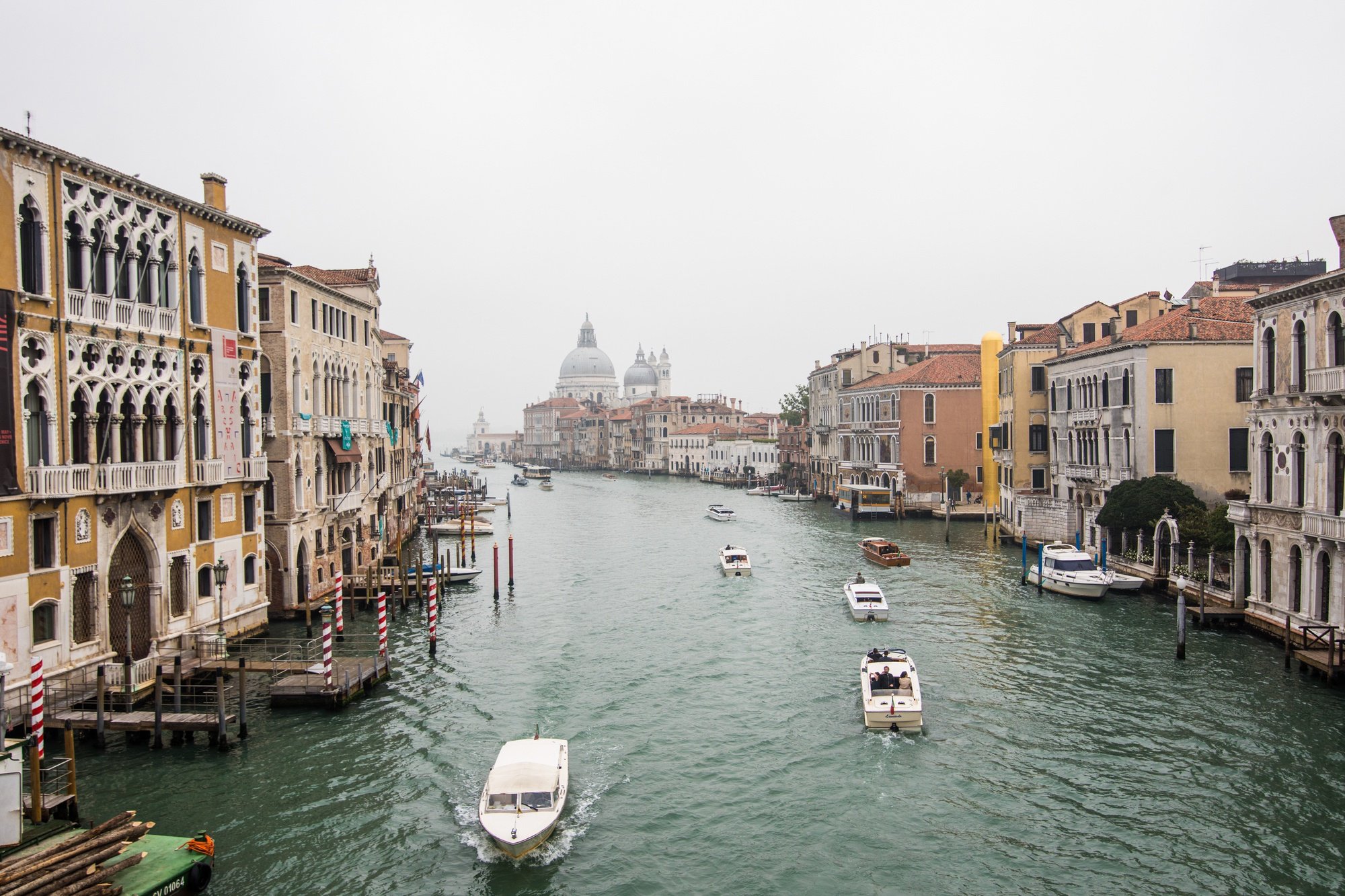Navigating Venice's New Tourist Tax: Would you pay €5 to Visit?
Venice has long grappled with the pressures of its own popularity. Its exquisite beauty and historical significance have made it a magnet for tourists worldwide. However, the influx of visitors has strained the city's delicate ecosystem and threatened the quality of life for its residents. In a bid to address these challenges, Venice authorities have introduced a pilot program to charge day-trippers a fee to enter the city.
Implementing the Tourist Tax: Managing Visitor Influx and Resident Needs
The implementation of this tourist tax marks a significant step in Venice's efforts to manage overcrowding and preserve its cultural heritage. With signs now prominently displayed at key entry points and stewards on hand to assist visitors, the €5 fee aims to regulate tourist flows and encourage longer, more sustainable visits.
But why the fee, and why now? Venice narrowly avoided being placed on UNESCO's danger list last year due to the impact of over-tourism on its fragile environment. The proposed entry fee played a crucial role in convincing member states to spare the city from this fate. Mayor Luigi Brugnaro has emphasised that the fee is not about generating revenue but rather about experimenting with new ways to balance tourist influxes and resident needs.
The Road to Sustainability: Venice's Vision for a More Livable City
The introduction of the tourist tax reflects a broader shift in Venice's approach to tourism management. By incentivizing visitors to choose less crowded days and times, the city hopes to alleviate the strain on its infrastructure and create a more livable environment for residents. Simone Venturini, the city's top tourism official, highlights the need to find a new balance between tourists and residents, safeguarding the spaces of the latter while still welcoming visitors.
Critics may argue that imposing a fee could deter tourists and harm the local economy. However, Venice is not alone in grappling with this issue. Cities around the world are exploring similar measures to address over-tourism and promote sustainable tourism practices.
Ultimately, the success of Venice's tourist tax will depend on how effectively it is implemented and whether it achieves its intended goals. As visitors navigate the new entry requirements, the city has an opportunity to lead by example and demonstrate its commitment to preserving its unique heritage for future generations. By striking a balance between tourism and sustainability, Venice can chart a path towards a more resilient future.
What are your thoughts: would you pay a tourist fee to visit Venice or any other European city? Let's start a conversation.


